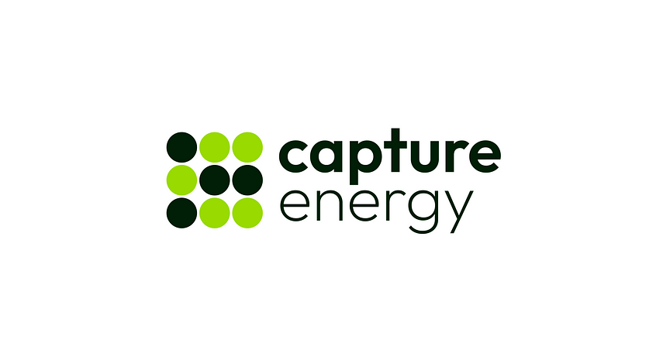Medium
1M
292

Image Credit: Medium
Why we are building capture.energy: UK’s cheapest electricity, enabled by batteries
- Capture.energy offers packages with solar panels + batteries and battery-only setup. The software technical partner's were using didn’t even account for such a case. When the software was at around 13 years, the payback on Solar PV was consistent with our installers’ projections. A battery-only project showed a much shorter payback period of only 7 years. There are two major reasons for this. The value of storage is increasing while the value of power production is decreasing and the cost of solar installations has started to level off, battery prices are still dropping at an impressive rate. A typical grid-scale battery system in the UK has been returning between £40,000 and £60,000 per megawatt (MW) of capacity in 2023. Bundled into a virtual power plant, decentral systems can create most of the same revenue streams a grid-scale battery asset can.
- Decentralized systems are about 50% more expensive, at about £900,000 / MW / year, based on the £4,500 we charge for a fully installed 10kWh battery with a 5kW inverter. It can also access so-called local flexibility markets. When using a battery for power arbitrage, decentral batteries can significantly benefit from “co-location”. A typical household could cut its electricity bills in half simply by installing a battery, yet few households or businesses are doing it. Batteries are marketed purely as hardware, and the true value driver, the software running them, is often neglected. We aim to break down these barriers through capture.energy: the UK’s cheapest electricity, enabled by (smart) batteries.
Read Full Article
17 Likes
For uninterrupted reading, download the app